Here’s where there’s a bit of providence involved in my story. One of our Romanian family friends is an actress. I emailed my father’s translations to her, and she offered to record herself with another Romanian actress reciting the lines. In the process, we discovered that the original translations that my father provided “sounded funny”—they were understandable, but the grammar sounded wrong, or certain words were, as the actress said, “Something my grandmother would say.” I later realized that my father, having been away from his native land for so long, had developed his own idiosyncratic dialect—a learner’s language that is unique to them, with grammar particular to only that individual. Generally, idiosyncratic dialects include four categories: the language of poems, aphasic speech, an infant learning their mother tongue, and second language learners, but my father’s case was different. His dialect became idiosyncratic because of language attrition—the process of losing one’s native language. While we corrected obvious grammatical errors, I decided to keep notes on outdated vocabulary in the play—a reflection of how my father’s language had changed as he Americanized and left its imprint on me.
Artists at Play found a native speaker actor to read, and he helped immensely in assisting the other actors with pronunciation, grammar, and cultural context. My play had a public reading at the Pasadena Playhouse in May 2020, just as the theatre world was acclimating to Zoom as a platform. The same actor was joined by another native speaker actress, and the two of them coached the rest of the cast on pronunciation and context. Additionally, the actress offered alternative translations for a Romanian folksong performed in English so that we could capture more of the poetry and emotion for English listeners. And despite the newness and (let’s admit it) awkwardness of Zoom theatre, my play reached a height I never thought possible: my Romanian family around the world was able to watch it in real time.
I felt humbled by the actors’ knowledge and care in preserving the meaning to a language that was native to them, heritage to me. Having native speakers on the team took not only the script to the next level, but the entire performance. They were able to inhabit the entire play, which allowed them to inhabit the characters and suggest terms that someone of that character’s social, gender, and geographic status would say. And when they sang… I felt that pure feeling rising up again. Their translation process and coaching allowed me to surrender control over the text. While I couldn’t write in Romanian myself and relied on translations from my English text to Romanian, I had actors and collaborators from LA to Bucharest helping me tell this story. This is why a language needs many speakers. This is why theatre needs many people.
I had actors and collaborators from LA to Bucharest helping me tell this story. This is why a language needs many speakers. This is why theatre needs many people.
Reflection
I’ve heard it said that to have a second language is to have a second soul. But to “have” a language also means to speak, to listen, to read, to write, to dream. Tens of thousands of everyday details and large events that add up to lifetimes. As a playwright, I know there are many tools and collaborators for reclaiming my languages: going to native speakers (usually family) for translation, using digital tools such as Google Translate and DuoLingo, working with native speaking professional actors. I’m curious as to how other heritage language learner playwrights write their plays. What methods and processes might be different depending on your languages, locations, and accessibility? For HLL actors, dramaturgs, translators, and directors, how do you bring your own ancestral languages, coaching, and resources to the process of a multilingual play?
And if you are pained while writing or translating, I hope you can find comfort in their process. In my journey, I had to learn that languages can atrophy. They can be worn away by time, movement, and the struggle to survive. They may turn deeply personal, a solo language understood only by one. I may never fluently “have” Romanian or any of my other ancestral languages, but I know they live in my lineages. Through my plays, they ask to be unearthed. How do I make peace with this? How do I grieve, celebrate, and feel beyond what words can convey? And how do I find solace in the knowledge that as I learn a language, the language is learning me?
My answer for learning Romanian came in the form of the folk ballad “The Pilgrimage of the Soul After Death.” The poem is a set of instructions for a soul divided from its body on how to journey across a nameless sea to reach “the other world.” My language, divided from my tongue, traveled a long way to where I am in the world now. The poem tells me—tells the listener—eventually, you come to a delightful field of flowers. You pick them. And as you pick them, the longing for the world will vanish. Peace and solace come in the act of making the journey, crossing the obstacles, and, finally, taking delight in what you have accomplished.

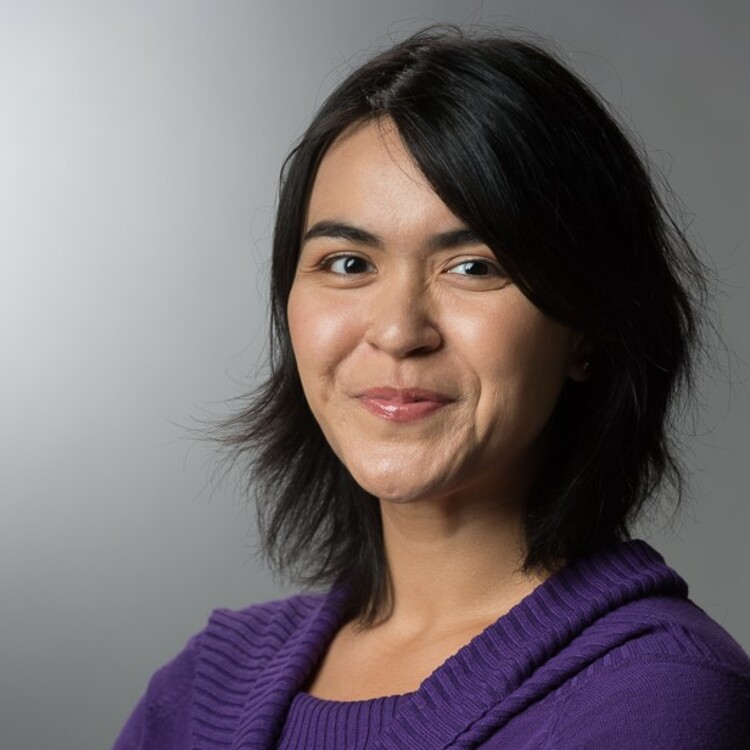
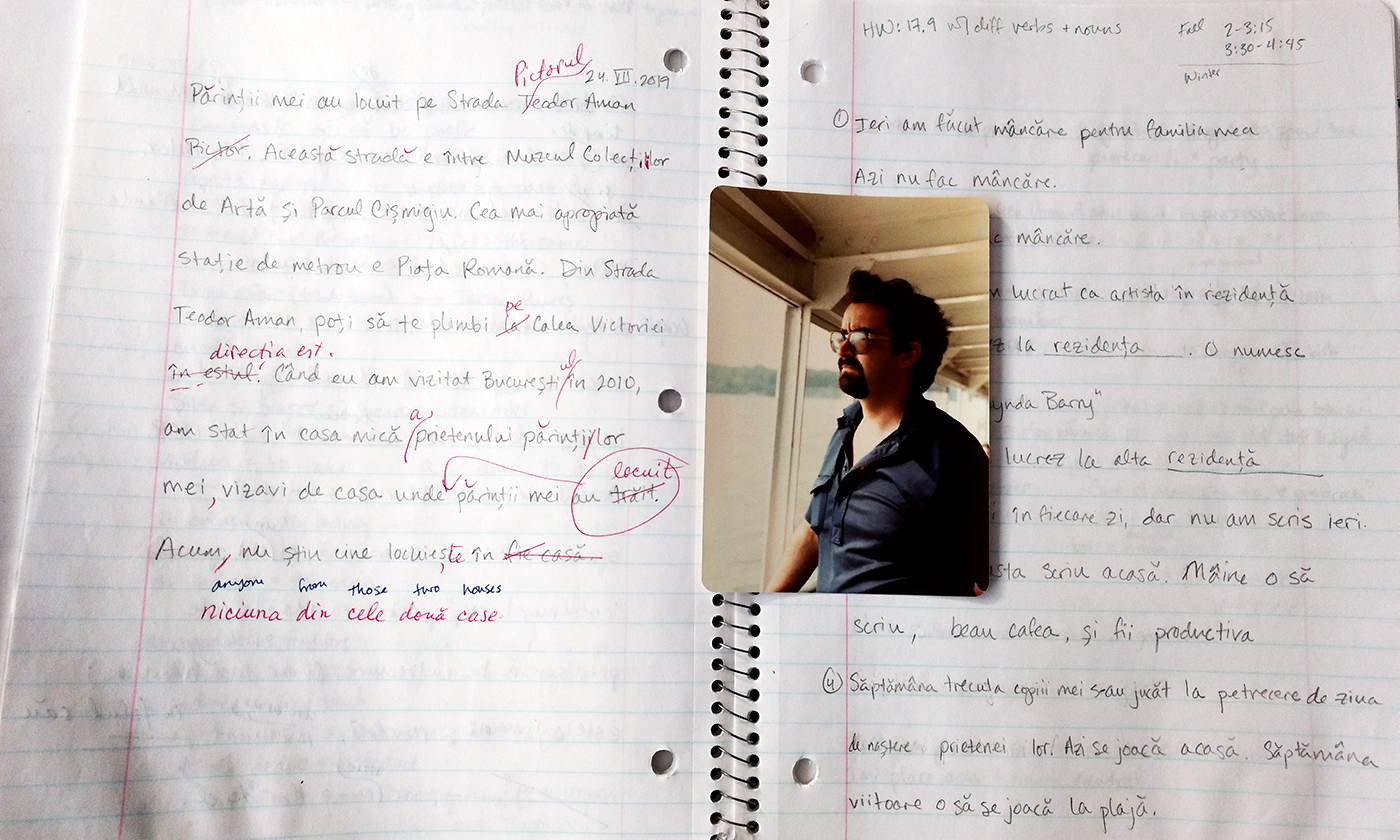
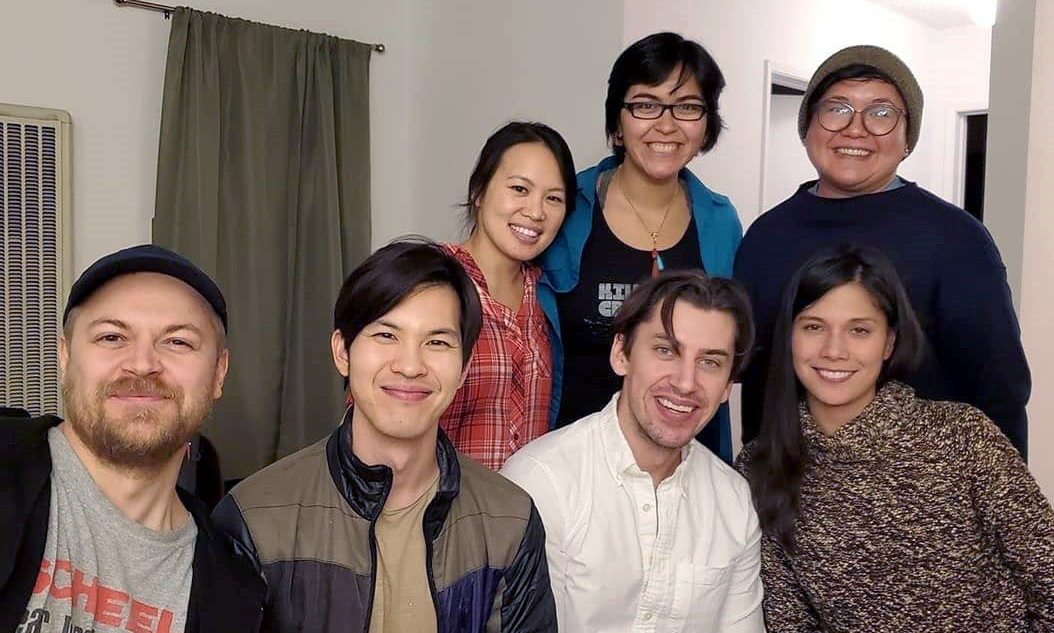
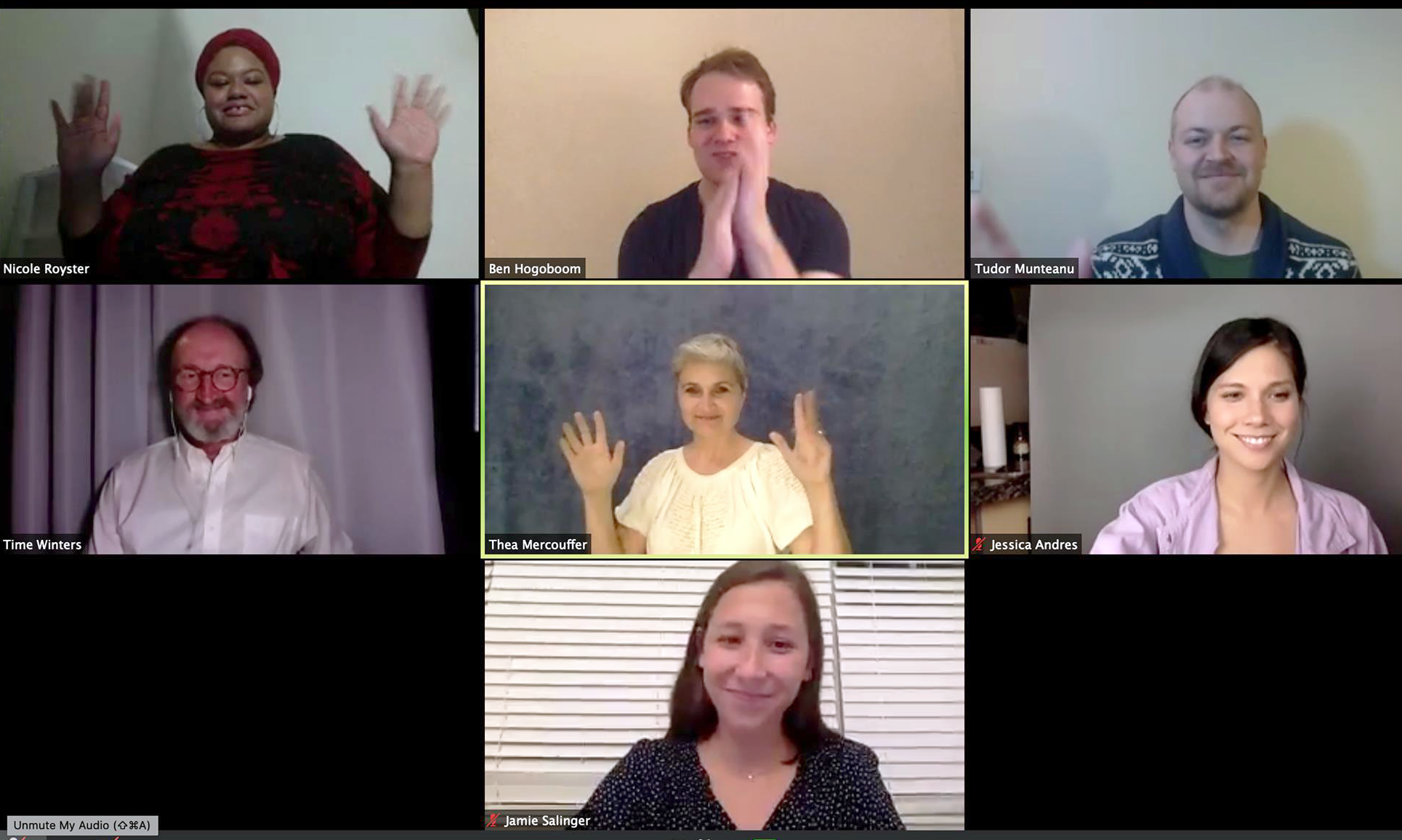
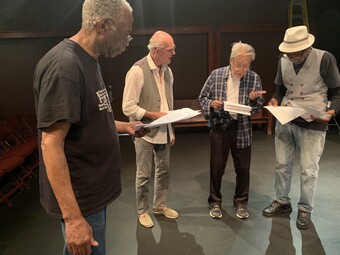

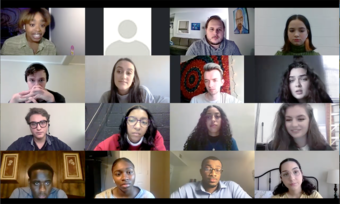


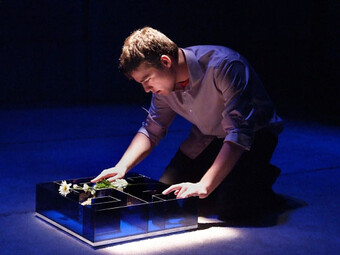

Comments
The article is just the start of the conversation—we want to know what you think about this subject, too! HowlRound is a space for knowledge-sharing, and we welcome spirited, thoughtful, and on-topic dialogue. Find our full comments policy here
Immensely powerful and an urgent call for all of us to allow our heritage languages into ourselves, our lives, and our art. I am also Romanian-American and I 100% understand Andrei’s pain unearthing a language that was hidden from her growing up. Few people in the States are aware of the horrors that Romania suffered in the 20th Century (fascism, the Holocaust, communism, the Gulag, Secret Police surveillance, starvation, freezing to death in apartment blocks, inhumane reproductive legislation, the list goes on) - there are many reasons that Andrei’s father and my father wanted simply to move on with their lives and families in America. I commend Andrei for her courage confronting her family’s past and congratulate her on her Romanian, which by the way, is excellent. 🇷🇴🇺🇸